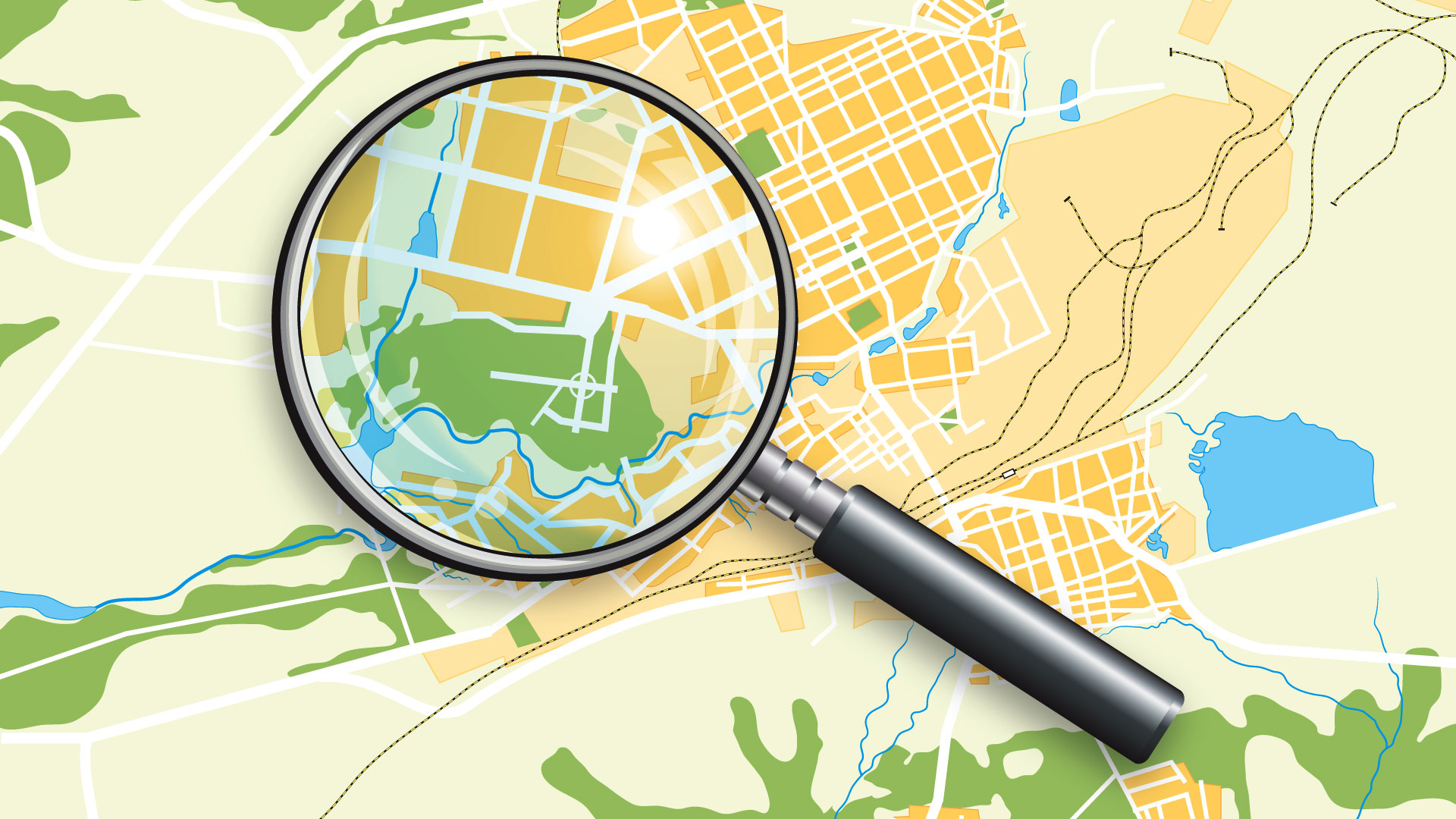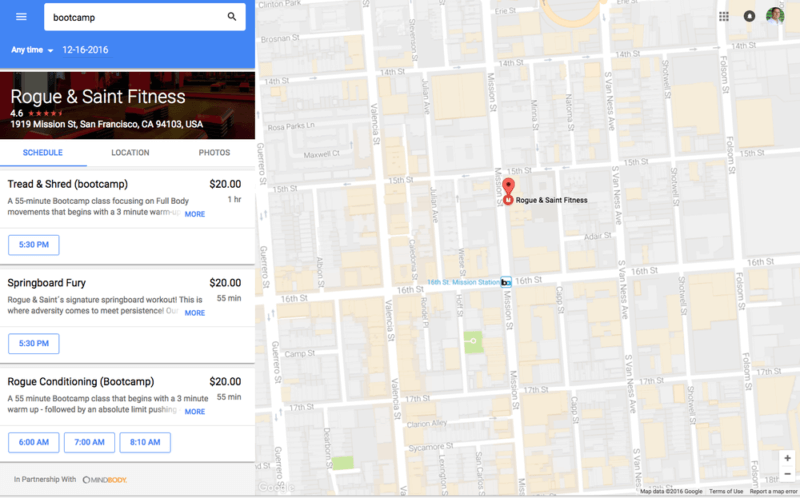Online booking is becoming mainstream, with the principal points of entry being Google, Facebook and Yelp.
Greg Sterling on December 15, 2016 at 11:32 am

Local search is becoming much more transactional. Google previously worked with a range of third-party providers to bring online reservations to the Knowledge Graph. Now the company has gone much further into online booking with a new program called “Reserve with Google.”
Previously, booking buttons would link away to the third \-party provider’s checkout flow. Reserve with Google happens entirely within a Google experience — soon both search and Maps.
Google said in a blog post that this new experience “is possible through deep partnerships with top scheduling providers . . . MINDBODY, Full Slate, Front Desk, Appointy — and we’ll be adding more, like zingFit, MyTime, and Genbook soon.”

Facebook recently added local reservations and booking through a similar network of third-party relationships:
- Launch partnerships include Booker, BookingBug, Front Desk, HomeAdvisor, MyTime, Pingup, Schedulicity, Setster and Simplybook.me. Users will be able to buy event tickets through EventBrite and Ticketmaster, as well as movie tickets through Fandango. Facebook users will also be able to request a quote from businesses using Porch or TalkLocal.
With Google’s announcement, it would appear that there’s something of a booking arms race now going on. Yelp is also playing in this space.
Online booking is significant as part of a larger set of developments in local that also include payments. Though online booking has been around for a long time (e.g., OpenTable), the market has been highly fragmented by vertical and appeared, until fairly recently, to be stalled. Google, Facebook and Yelp are now accelerating adoption and creating critical mass for these services.
The other side of this for vendors is that they may be turned into commodity providers or “booking enablers,” who then must develop additional services for local businesses in order to survive.
For local business owners, online booking represents a new tool and metric that very concretely demonstrates the value of digital media and marketing. And for consumers, it represents a convenience that may create local winners and losers, depending on whether these services have been adopted.


